I have a method written in a Grails service, which processes a lot of data.
I noticed that, sometimes, the method returns success but the data is not persisted to the database.
I debugged it, following all the data till the end of the method and everything is fine, however data is not persisted.
The following image demonstrates the what I just explained. You can see the end of the method, in which a Map object is filled with persistent object metadata. Even you can see the console which contains the printend Hibertate SQL
How can I detect whether a rollback mechanism is thrown after successful method returning?
This is my connection properties for Oracle 12c database. Others configurations are Grails defaults
dataSource.pooled=true
hibernate.jdbc.use_get_generated_keys=true
hibernate.cache.use_second_level_cache=true
hibernate.cache.use_query_cache=false
hibernate.cache.region.factory_class=org.hibernate.cache.ehcache.EhCacheRegionFactory
dataSource.driverClassName=oracle.jdbc.driver.OracleDriver
dataSource.dialect=org.hibernate.dialect.OracleDialect
dataSource.url=jdbc:oracle:thin:@172.16.1.20:1521:db
dataSource.username=<USER>
dataSource.password=<PASS>
hibernate.default_schema=<SCHEMA>
The service is anotated as @Transactional
@Transactional
class SincronizacionService {
}
Any Idea?
